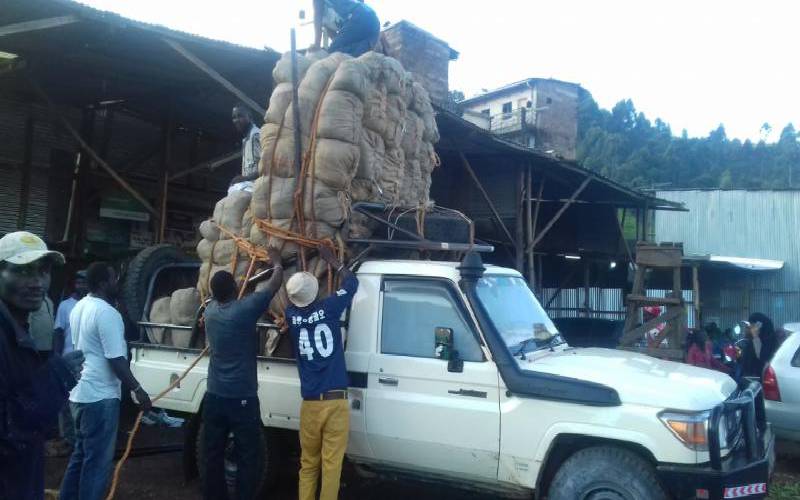×
The Standard e-Paper
Kenya’s Boldest Voice

The Miraa Task force Report Implementation Technical Team has proposed a raft of annual permits and licences for players in the value chain.
The Crops (Miraa) Regulations 2019 propose that seedling nursery operators and those transporting khat from one county to another must be granted permits by relevant authorities in order to control the possibility of spreading infectious varieties.